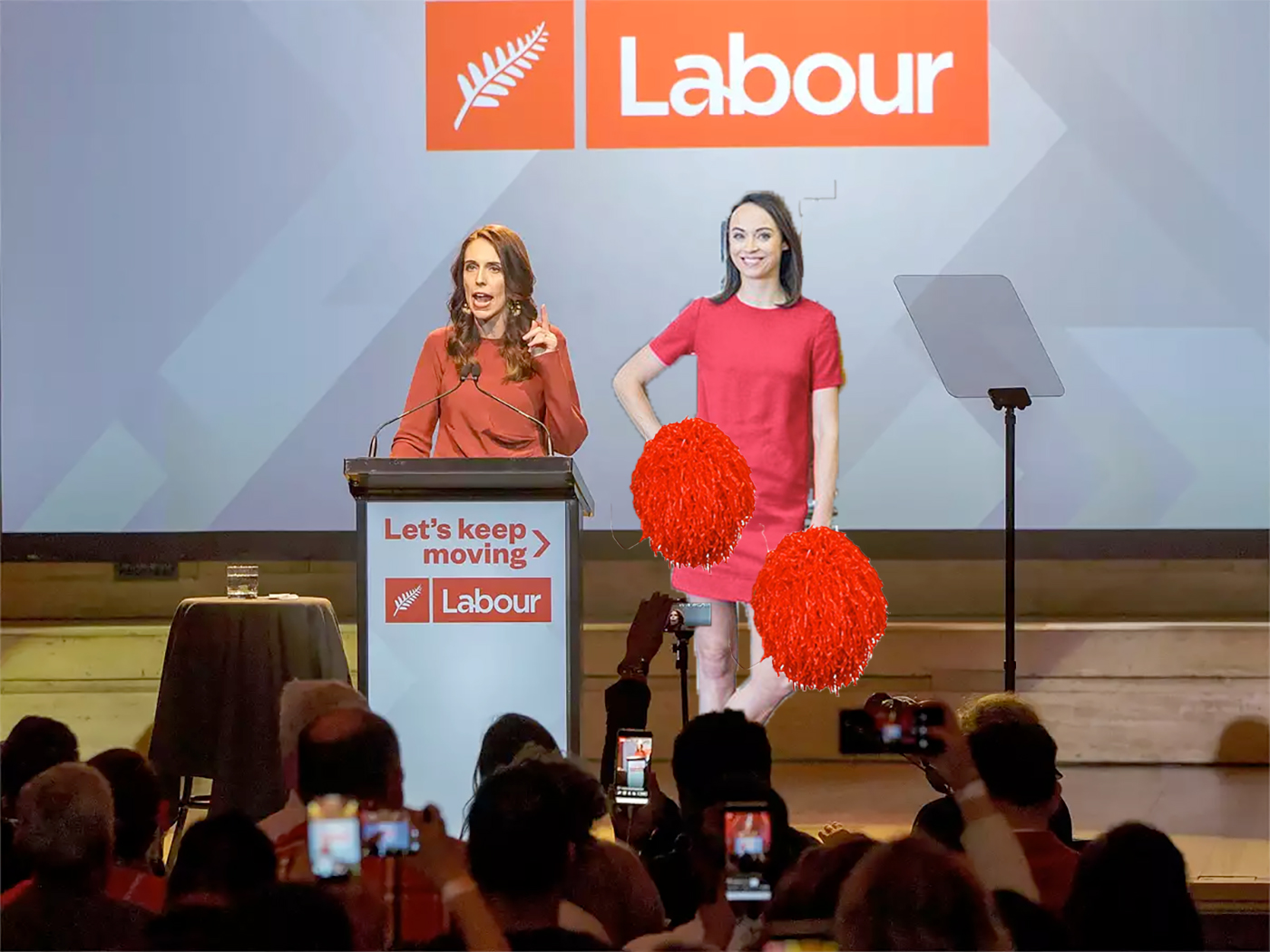This week’s column started out to be about the venality of most of what passes these days for New Zealand’s mainstream news media (MSM).
Venality: noun – the condition or quality of being venal; openness to bribery or corruption.
Bribery? Really? Well, take a look here.
Is the Ardern gang getting the news media bang for its millions of bucks?
Independent journalist Karl Du Fresne thinks so.
The line that once separated journalism from activism is being erased, and it’s happening with the eager co-operation of the mainstream journalism organisations that are lining up to take the state’s tainted money. We are witnessing the slow death of neutral, independent and credible journalism.
Dr Muriel Newman, in her New Zealand Centre for Political Research newsletter, also thinks so.
Under normal conditions, one could expect the media to hold the Government to account and investigate the legitimacy of these fabricated partnership claims – especially when the stakes involve the transfer of the ownership and control of significant public resources. But that media scrutiny no longer exists in New Zealand – at least as far as much of the mainstream media is concerned. The journalistic standards of fairness, accuracy, and balance have been compromised as a condition of access to the Ardern Government’s Public Interest Journalism Fund. This $55 million fund is only available to news organisations that promote the Treaty partnership fiction. It’s no wonder that He Puapua has received little investigative scrutiny from our local media.
I was going to pose the question: Which is the greater sin: an avowedly independent news media taking these bribes, or the government of a supposedly democratic country misusing taxpayers’ money?
It was concerning that not only did the government effectively silence the media, they also concealed the plot from both their coalition partner in government and the voting public prior to the 2020 General Election.
So what’s this got to do with the editor of Time magazine?
Just after my decision to discuss the venality in this week’s column, I happened to read a lead article by Time’s editor and CEO, Edward Felsenthal, writing about the process by which Time selects its “Person of the Year”. Although the magazine had only just previously named its annual list of the world’s Top 100 people of influence (with no one from New Zealand rating a mention), something made me worry that they might include Jacinda Ardern in their list of POTY possibilities for 2021. Thus, I felt a duty to write to Mr Felsenthal and later decided to make it an Open Letter and to refer to his being the latest inheritor of the mantle of that magazine’s great founder, Henry Booth Luce.
Dear Mr Felsenthal,
As an “on and off” reader/subscriber of Time since 1952 (more on than off) I have the greatest respect for your annual selections as Persons of the Year (POTY).
Although Time’s recent list of top 100 people of influence in the current world did not include anyone from New Zealand, something in your Editor’s Column in a recent issue prompted by the joint sharing of the 2021 Nobel Peace Prize by Filipino journalist Maria Ressa made me worry that our present Prime Minister of New Zealand, Jacinda Ardern might be in consideration for your 2021 POTY. For all our sakes, and especially for the credibility of your fine magazine, I hope my fear is unfounded.
Apart from the Marxist ambitions she brought with her from the International Union of Socialist Youth when catapulted into our top office by a vengeful politician who had gained the balance of power in our 2017 General Election, what Ms Ardern and her minions have done to bribe most of our national mainstream news media to remain silent about her intended desecration of our democracy should be sufficient to remove her from any such consideration by an international journal like Time with its well documented and praiseworthy dedication to accuracy in reporting and fair balance in expression of opinion.
Sincerely,
Terry Dunleavy MBE, JP.

